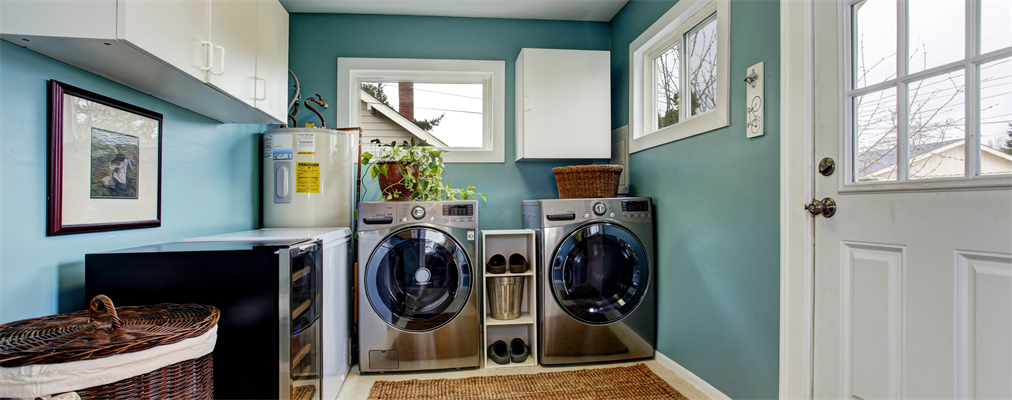Non-Realty Items: Questions to Help you Decide What Stays and What Goes
You show a home to a buyer and they absolutely fall in love with the home—especially the bathroom mirrors. They make an offer immediately, and the transaction closes within a few weeks. Moving day comes and your buyers realize the master bathroom mirrors that they fell in love with are gone…weren’t they part of the home? Not necessarily.
Unfortunately, issues regarding fixtures and accessories in the sale of a home are common. Porch swings, pay sets, basketball goals, and yes, even bathroom mirrors are all typical items that can lead to a sour ending if not clarified before closing. Generally, the rule of thumb is that if the item is permanently attached to the home, it is part of the real estate—all other items are considered personal property and up for the seller to take with them after closing.
However, with today’s trends of home furnishing, sometimes this test isn’t foolproof. Even with the extensive list of items under Par. 2 of the TREC contract, there are still gray areas. To help you discern what stays and what goes, ask yourself these questions:
1. Is the shelf/cabinet or mirror hung by brackets or screwed into the wall/ceiling?
Brackets mean the item is fair for the seller to take with them after closing; however, screws mean the item stays with the house. Surprisingly, the most questioned item is a wall mounted flat-screened TV. Under the TREC contract, brackets are separate from the television, so the brackets stay and the TV goes. That built-in book case, on the other hand, stays.
2. Is the appliance plugged in or hard-wired?
Most appliances, such as washers and dryers, can be moved and are therefore considered personal items that the seller is able to take with them after closing. However, some sellers prefer to leave some or all of these items. Be sure to clarify the intent of these items before closing.
3. How is the light fixture, lamp or chandelier wired?
Lighting items that are attached to the home in a way where removal would cause damage are considered light fixtures and therefore stay with the home. However, some sellers prefer to keep certain light fixtures and should express that before closing. Lamps, on the other hand, are almost always easily removed and considered the personal property of the seller.
When in doubt, clarify! If you or your buyer have questions about any items in the house, consult your real estate attorney before closing.
Content derived from Jeffrey A. Rattikin, Attorney at Law, RattikinLaw Fort Worth, www.rattikinlaw.com. Copyright 2017, All Rights Reserved. This Title Tuesday tip is not a legal representation or statement of law, but is presented for general informational purposes only. Please confer with legal counsel of your choice for any and all legal questionstions.
